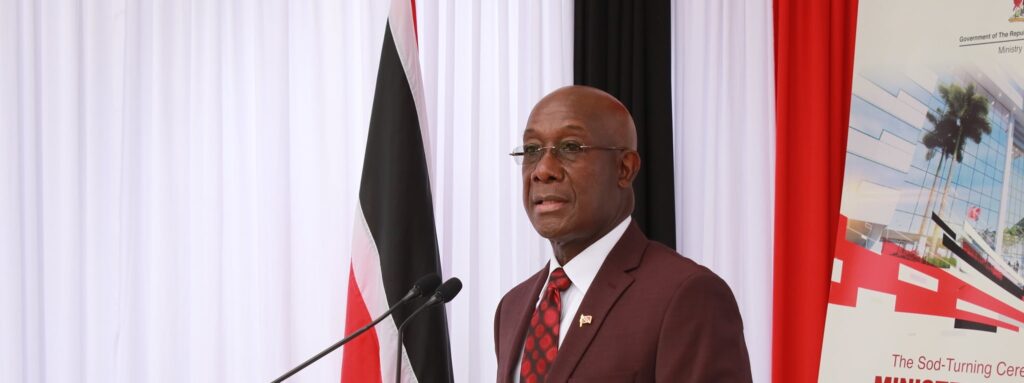
Asserts that ‘people have a right to vote’
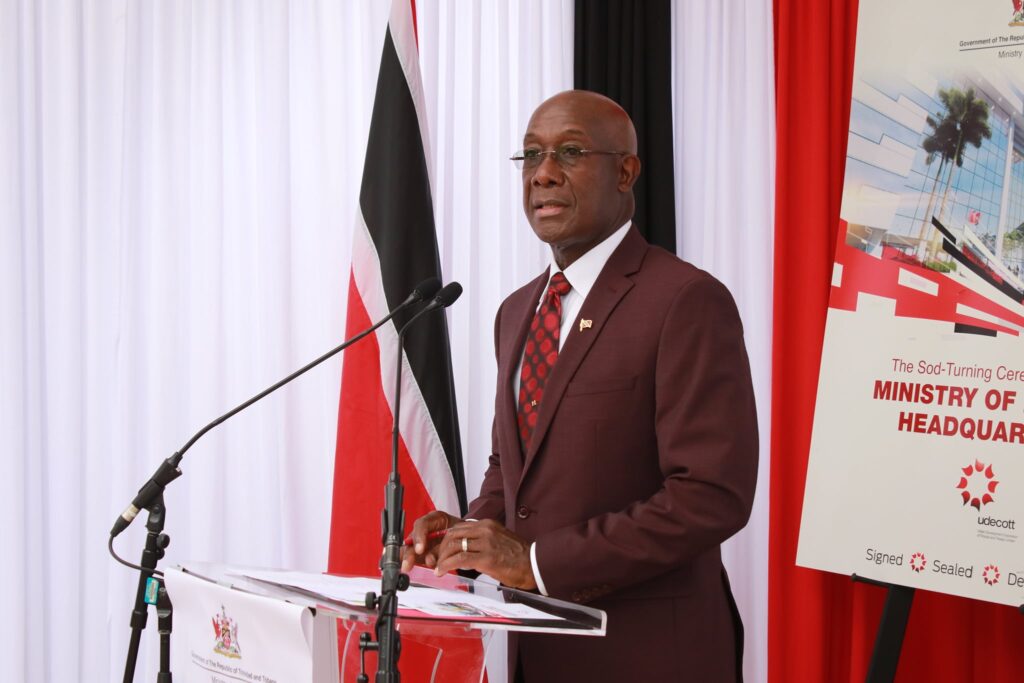
Durrant Pate/ Contributor
The British Law Lords at the Privy Council today struck down the Rowley government in Trinidad and Tobago, asserting that the ‘people have a right to vote.’
The Privy Council delivered its judgement against the Government’s decision to postpone the Local Government Elections and extend the life of councils for one year. It was a sweet victory for former Attorney General, Anand Ramlogan at the Privy Council after being defeated at Trinidad and Tobago’s High Court and Court of Appeal having lodged a challenge on behalf of his client, Ravi Balgobin-Maharaj
The appellant challenged the extension of Local Government officials’ tenure from December 2, 2022 for one year following the proclamation of sections of The Miscellaneous Provisions (Local Government Reform) Act,2022. The five Law Lords comprising President of the Supreme Court, Lord Robert John Reed and Deputy President, Patrick Stewart Hodge adjudicated on this case, which was heard on March 15, 2023 and judgement delivered today at 8.30 a.m.
Privy Council declaration
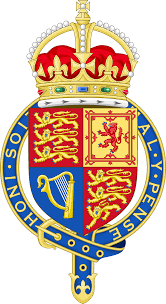
The other three Law Lords were Briggs, Kitchin and Richards. The Privy Council, in its judgement, emphasised the importance of the citizens right to vote declaring, “the essential characteristic of a representative democracy, whether at a national or local level, is that the representatives are chosen by popular vote. In a modern democracy, such as Trinidad and Tobago, all individuals have the right to participate in the popular vote, subject only to specified conditions and disqualifications.”
The Lords noted that in the case of municipal corporations, the popular vote is direct for the Councillors and indirect, by means of party lists. They said that it is also an essential element of any democratic form of government, whether at a national or a local level, that the electorate chooses their representatives for a limited period.
According to the Law Lords, “the right to vote out representatives is as important as the right to vote in representatives. At the end of the period for which they were elected, the electorate has the right to decide whether they wish the incumbent representatives to remain in office, assuming they stand for re-election,”.
They argued that it is inimical to a representative democracy that the representatives are chosen by anyone other than the electorate contending, “if the amendments to sections 11 and 12 (of the Municipal Corporations Act MCA) are construed to apply to the incumbent Councillors, the effect will be they have been chosen as representatives for an additional year, not by the electorate but by the Government, which brought the amendments into force while those Councillors were still in office. The right of citizens to vote for Councillors and, indirectly, for Aldermen, indeed the whole democratic structure of local government is statutory.”
Law Lords critical of T&T parliament

The Lords took issue with Parliament conferring itself the power to decide the life of the Local Government Councils saying, “If the respondents are right, Parliament has therefore conferred on the Government power to decide whether or not the terms of office of elected representatives should be extended by a year. Counsel for the respondents described this as a ‘modest’ and ‘relatively anodyne’ change. The Board Disagrees.”
They made the point that the continuation in office of elected representatives for a year, an increase of one-third in their term, without reference to the electorate does not seem to the Board to be modest. “If Parliament had intended to give the Government such a power, it is reasonable to expect that it would have done so expressly. The legislation does not do so, nor does it appear that any consideration was given to this possibility in any of the steps which led to the changes made in local government by the 2022 Act,” the Lords stated.
The Privy Council said it was unable to agree with T&T’s Court of Appeal that the amendments to sections 11 and 12 of the MCA, increasing terms of office from three to four years, applied to the incumbent Councillors. They noted that Councillors elected in December 2019 were due to debit office in December 2022 and further local elections were due to be held by March 2023.
The Lords noted the appellant (Balgobin-Maharaj) challenged that the amendments contravened entrenched rights to vote under the Constitution.
“The appellant is right to say that democratic values and the requirement for a representative democracy lie at the heart of the Constitution,” the Law Lords wrote in their detailed judgement.

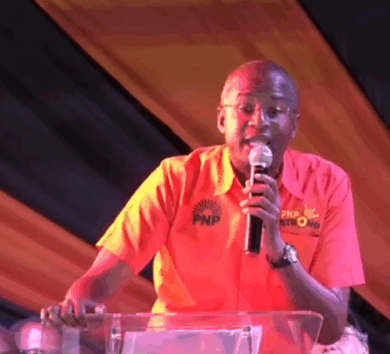


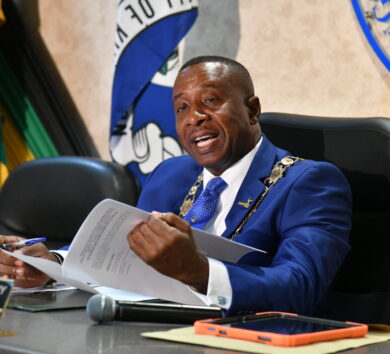

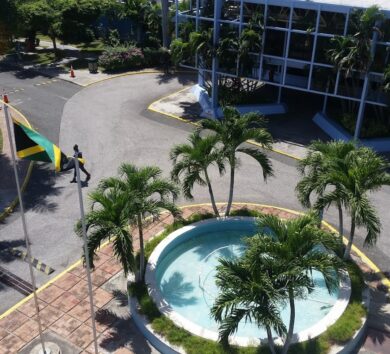
Comments